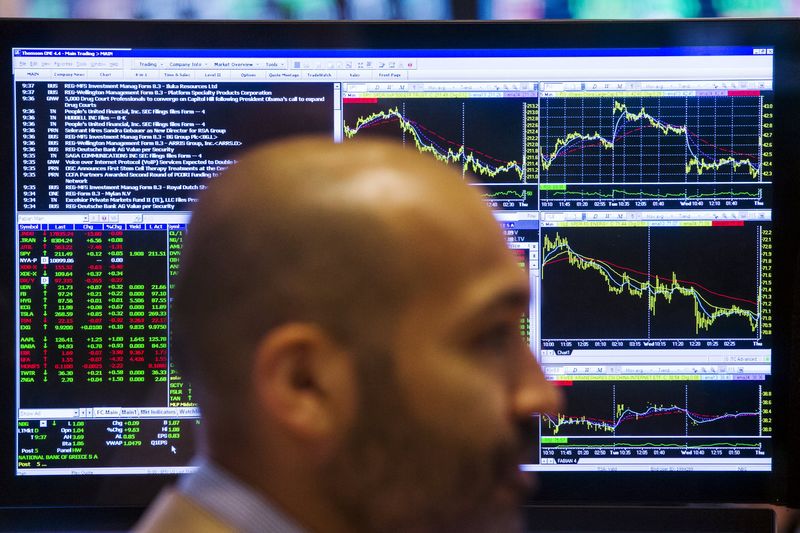Posted on Feb 9, 2019 2021 at 23:01Updated Feb 9, 2019 2021 at 23:42
Concern is mounting in the financial world over the plan to tax financial transactions. The operator of the NYSE stock exchange platform, whose famous floor south of Manhattan symbolizes Wall Street, threatens to leave New York if the state reinstates a tax on financial transactions that was abolished years ago.
“If elected officials choose to reinstate this tax, the NYSE (New York Stock-Exchange) will have to follow the example of firms that are relocating” out of state, writes Stacey Cunningham, the group’s president, in a column published Tuesday on the site du « Wall Street Journal ».
High frequency trading firms
She specifies having written a letter with more than 25 representatives of the world of finance to elected officials, to warn them about the consequences of such a tax on stock market transactions.
Against the backdrop of the Covid crisis and in search of new funds, some parliamentarians from New York State have indeed proposed a law to tax financial transactions . The State of New York had already created such a tax in 1905, before putting it on hold in 1981. If he did not react directly to the forum, the governor of the State of New York, Andrew Cuomo, does not support the introduction of a tax. In January, its budget director recalled that “In the computer age, stock transactions can be carried out anywhere”.
Already at the end of the summer, the State of New Jersey, headquarters of the stock exchange data centers, had worried the financial world with a bill aimed at taxing transactions, targeting in particular ultra-fast trading firms ( high frequency). Its Democratic Governor Phil Murphy supported a bill aimed at taxing the billions of transactions carried out by automated trading machines (0.25 cent per transaction). He then hoped to collect nearly $ 10 billion a year.
Since then, exchanges like the New York Stock Exchange have already threatened to pull their data centers out of New Jersey. “We can do it in 24 hours” and for the benefit of another state then threatened the NYSE. The United States levied a federal financial transaction tax (FTT) between 1914 and 1965, in order to raise funds while limiting stock speculation.
–


